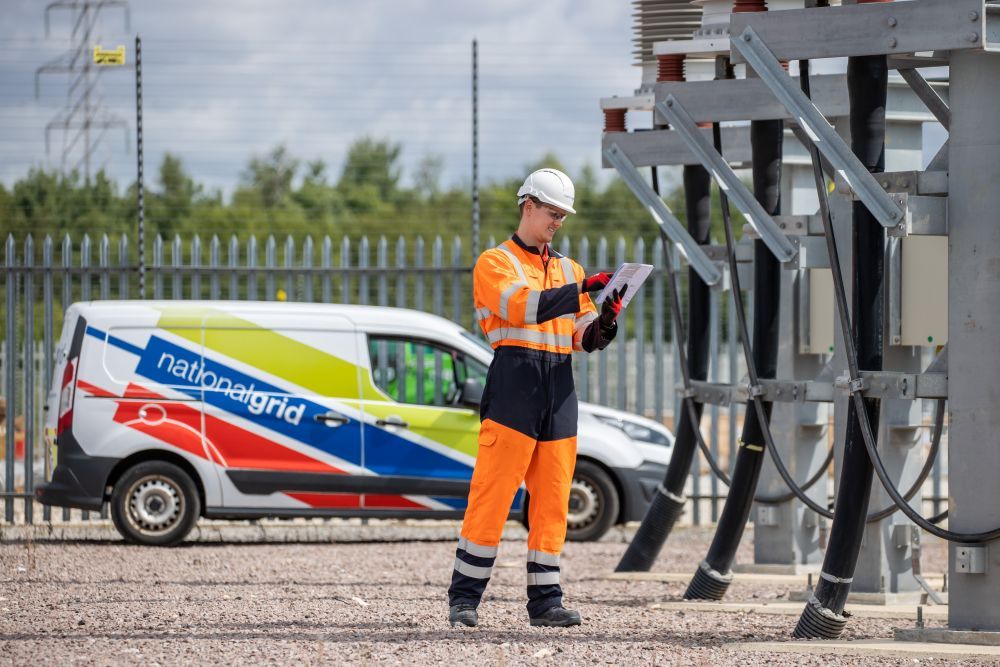Britain’s coastal and rural communities near to clean energy infrastructure will receive funding for new community facilities, transport links and investment in apprenticeships.
As part of the UK Government’s clean energy plans, the proposals will require community benefits for families, businesses and local community groups who live near offshore wind, onshore wind and solar farms.
The new law enshrines a requirement for renewable developers to pay into community benefit funds, ensuring infrastructure projects contribute to residents’ lives, the local economy and growth.
This could include new grassroots football pitches, initiatives to get young people into employment on the Yorkshire coast to train the next generation of engineers, and funding for transport links and schools, the government said.
Coastal and rural areas will play a significant role in hosting the clean energy projects needed to get energy bills down for good and deliver energy security with homegrown power that Britain controls.
The plans also set out how communities could own a stake in renewable energy infrastructure through shared ownership, resulting in profits being reinvested back into the community.
The level of payments to communities will range depending on the size of infrastructure projects, from tens of thousands of pounds a year for small developments and up to millions of pounds per year for large scale developments.
The announcement will build on measures introduced in the Planning and Infrastructure Bill where households within 500 metres of new or upgraded electricity transmission infrastructure will get electricity bill discounts of up to £2,500 over 10 years.
The proposals seek input on which types of energy infrastructure should be required to pay into community benefit funds, which may include renewable and low-carbon electricity generation, and energy storage.
Energy Secretary Ed Miliband said:
“If you live near an offshore wind or solar farm, your local community should benefit from supporting this nationally critical mission.
“The Prime Minister’s mission to become a clean energy superpower is creating good well-paid jobs in these areas, building the infrastructure we need to get energy bills down for working people.
“Our Plan for Change will revitalise Britain’s coastal and rural communities creating community wealth, better facilities and energy security for the country.”
James Robottom, Head of Policy at RenewableUK, said:
“Renewable energy developers have a long history of providing a wide range of benefits for local communities, such as community benefit funds which support local initiatives, electricity discounts, employment initiatives and environmental projects.
“We welcome the government’s consultation and will engage with it to ensure that the benefits received by local communities hosting energy infrastructure are proportionate and continue to meet their needs. Renewable energy developers are good neighbours and remain committed to providing benefits at an appropriate level to enable local communities to thrive all over the country.”
Image from Shutterstock











